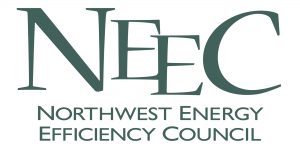The U.S. Environmental Protection Agency (EPA) has developed a set of values that help state and local government policymakers and other stakeholders estimate the outdoor air quality-related public health benefits of investments in energy efficiency and renewable energy (EE/RE). These monetized values were developed using methods consistent with those EPA uses for health benefits analyses at the federal level. To learn more about the health effects included in the benefits per kilowatt hour (BPK) calculations, please see the technical report.
EPA used a peer-reviewed methodology to develop a set of screening-level regional estimates of the dollar benefits (in cents per kilowatt-hour (kWh)) from four different EE/RE strategies: uniform energy efficiency, peak energy efficiency, solar energy, and wind energy.
The benefits-per-kWh (BPK) for energy efficiency range from $0.0042/kWh to $0.0808/kWh, depending on the scenario and geography, while the BPK of solar energy can also exceed $0.08/kWh and wind tops out at $0.0759/kWh. The information can help state and local policymakers understand the opportunities for using energy efficiency and renewable energy to reduce air pollution and improve public health.
To view the full report and additional resources, please visit https://www.epa.gov/statelocalenergy/estimating-health-benefits-kilowatt-hour-energy-efficiency-and-renewable-energy
